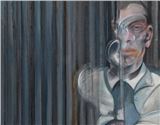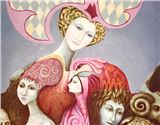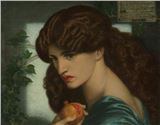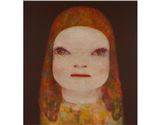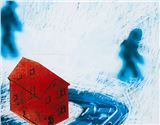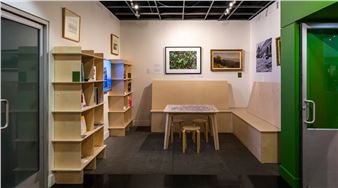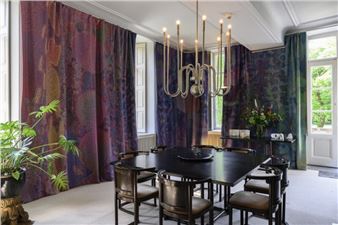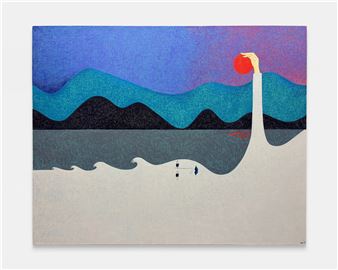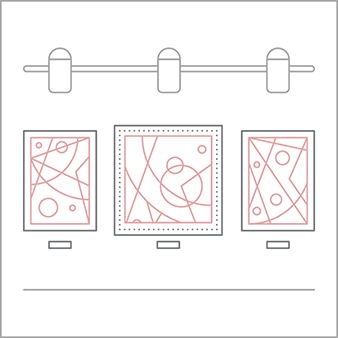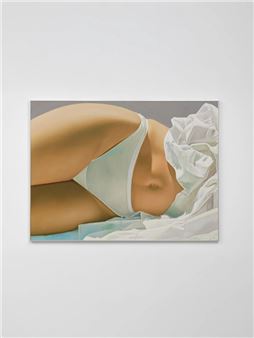Nazli Efe and Kiani Kodama: Frosted
RAINRAIN is delighted to present the two-person show, “Frosted”, featuring new sculptural objects and installations by Nazli Efe and Kiani Kodama, running from April 18 to May 25, 2024. With distinctive ways of contextualizing amorphous presences, the two artists explore the adaptability of materials to craft new stories out of the quotidian objects and elements. Each work is anchored in the memories or experience of the respective artist, some of which are deeply personal; however, they are interactive and fluid, showing cultural narratives and profound personal connections that transcend the utilitarian origins of their prototypal products, such as massage tools, cabinet, rice, among others. Through the change of formal condition and display context, everyday objects are viewed through a lens of nuanced transformation, as if seen through “frosted” glass or experienced through a layer of frosting. Similarly, these works encourage and embrace the metamorphosis of context, structure, and function, allowing the materiality to be evocative in its own right.
Materials are vessels, giving form to the intangible, irretrievable and the invisible, while amassing a spatial volume that evokes a sense of agnostic wondering. Objects that are once used or possessed are ripe for revisiting. Kiani Kodama arranges practical instruments, such as massage tools and kenzan—a placement holder and decoration in Japanese ikebana ceremony, into almost ritualized placements, stripping bare their original cultural and operative backgrounds.This is evident in wand: 3 and bird: 3, where wooden massage tools are recast in porcelain and glass, then arranged into abstract forms that seem barely recognizable as their functional selves. Instead, their shapes remind one of floral forms and birds, reflecting the artist's affection for nature. The objects engage in a dialogue, harnessing a sense of rootedness that feels so familiar yet so unattainable. In rice piece 12: mountain, Kodama adheres jasmine, black, and wild rice onto a wooden panel, orchestrating a complex of organic, swirling movements resembling the bodily twists and turns in Japanese communal dance during obon festival. Her own physical manipulation of the rice, combined with the uneven granules of rice, and the pictorial visualization of a dance honoring ancestral spirits, speaks about the interchangeable loss and gain of individual and collective identities.
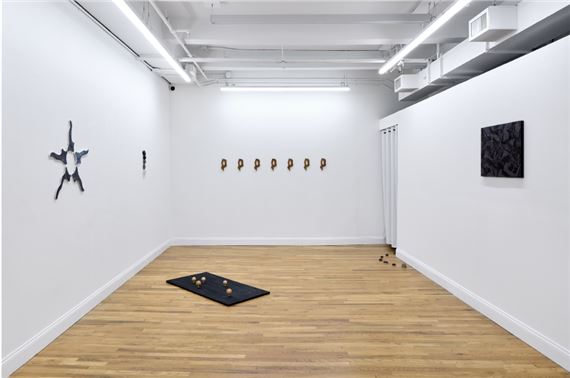
Recommended for you
RAINRAIN is delighted to present the two-person show, “Frosted”, featuring new sculptural objects and installations by Nazli Efe and Kiani Kodama, running from April 18 to May 25, 2024. With distinctive ways of contextualizing amorphous presences, the two artists explore the adaptability of materials to craft new stories out of the quotidian objects and elements. Each work is anchored in the memories or experience of the respective artist, some of which are deeply personal; however, they are interactive and fluid, showing cultural narratives and profound personal connections that transcend the utilitarian origins of their prototypal products, such as massage tools, cabinet, rice, among others. Through the change of formal condition and display context, everyday objects are viewed through a lens of nuanced transformation, as if seen through “frosted” glass or experienced through a layer of frosting. Similarly, these works encourage and embrace the metamorphosis of context, structure, and function, allowing the materiality to be evocative in its own right.
Materials are vessels, giving form to the intangible, irretrievable and the invisible, while amassing a spatial volume that evokes a sense of agnostic wondering. Objects that are once used or possessed are ripe for revisiting. Kiani Kodama arranges practical instruments, such as massage tools and kenzan—a placement holder and decoration in Japanese ikebana ceremony, into almost ritualized placements, stripping bare their original cultural and operative backgrounds.This is evident in wand: 3 and bird: 3, where wooden massage tools are recast in porcelain and glass, then arranged into abstract forms that seem barely recognizable as their functional selves. Instead, their shapes remind one of floral forms and birds, reflecting the artist's affection for nature. The objects engage in a dialogue, harnessing a sense of rootedness that feels so familiar yet so unattainable. In rice piece 12: mountain, Kodama adheres jasmine, black, and wild rice onto a wooden panel, orchestrating a complex of organic, swirling movements resembling the bodily twists and turns in Japanese communal dance during obon festival. Her own physical manipulation of the rice, combined with the uneven granules of rice, and the pictorial visualization of a dance honoring ancestral spirits, speaks about the interchangeable loss and gain of individual and collective identities.

 ARTISTS
ARTISTS
